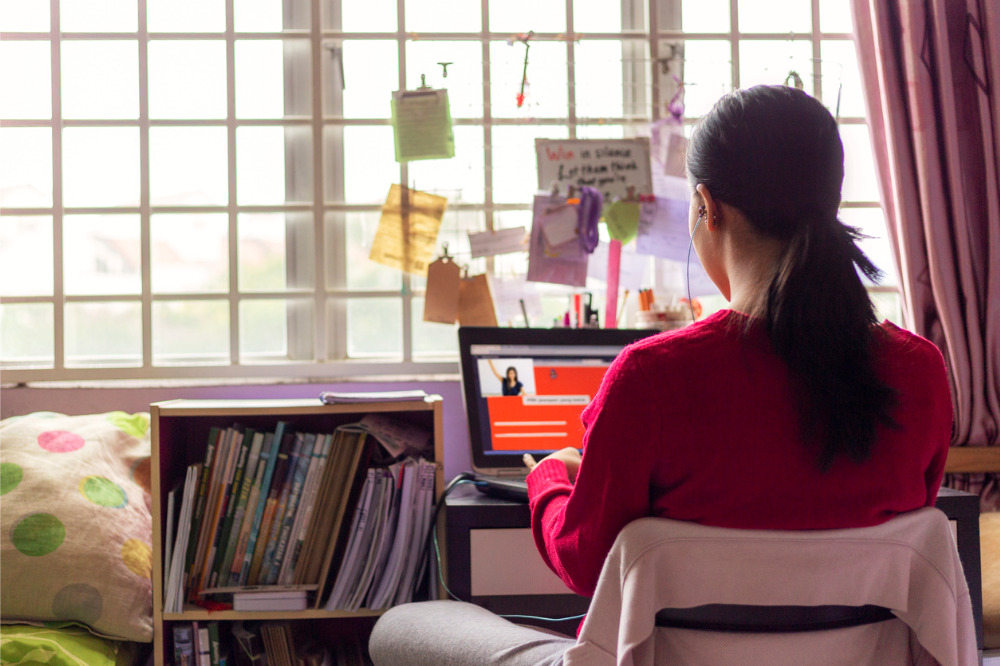
As students across the country adapt to ‘lockdown learning’ once again, growing numbers of at-risk young people are successfully reconnecting with education.
Last year, Cara* didn’t attend a single day of high school. When you consider her home life, it’s not hard to understand why – exposure to domestic violence, substance abuse, financial stress and mental health issues are everyday occurrences for her.
At the start of this year, Cara enrolled in one of Youth Off The Streets’ accredited independent high schools. The same week she started attending school, her family was evicted from their home. Instead of returning to a familiar environment at the end of the day, Cara was living out of the family car, or in hotels or emergency accommodation.
This isn’t an unusual situation for young people who have become disconnected from education – the young people often deemed ‘too hard’ or who mainstream schools simply don’t have the resources to support.
Despite facing enormous barriers to continuing her education, so far this year Cara’s school attendance has been above 70 per cent.
Our school staff focussed on building a strong and supportive connection with Cara. Our wraparound model ensured she had access to regular mental health support, a mentor, and food for her family, who eventually found secure accommodation.
But there’s another reason why Cara is now successfully re-engaging with school. It’s an innovative new program called Schooling via Off-campus Learning for At-Risk students, or SOLAR.
While a home-based learning model was already in place for some of our students, the 2020 lockdown highlighted the need for a program tailored to the specific needs of the most vulnerable young people.
For students like Cara who experience ongoing trauma, anxiety or depression, the challenge of being in a physical space with their peers can be overwhelming.
The blended delivery model offered by SOLAR allows these young people to build connections with teaching staff and other students in the safety of their own space. With no need to be on ‘high alert’ for triggering events or threats to their safety, they can concentrate on their studies and learn more effectively.
Once trust and psychological safety have been established, the young person can then slowly integrate into the physical school environment, continuing their home-based learning for two days each week and attending campus for the other three.
At-risk young people are in every school community, either hidden in plain sight and quietly slipping through the cracks, or else considered too challenging to be helped by a mainstream school with its own funding limitations.
We also know this issue disproportionately affects young people from Australia’s most disadvantaged communities. Disconnection from education can lead to future unemployment, which in turn increases the likelihood of poor physical and mental health, family disruption and social isolation.
That is why flexible learning programs like SOLAR are so vital.
Last year’s lockdown experience and the success of SOLAR tells us that many young people who struggle with an inflexible, classroom-based approach to education might actually be more engaged with school than before.
Provided these young people have digital access – not a given in low-income households, and another equity issue that demands urgent solutions – other barriers to participating in school are removed.
At Youth Off The Streets, we know that every young person can reach their full potential if they are supported and engaged in education that is meaningful to their individual needs – practical, emotional, physical, social and academic.
Cara’s re-engagement with school in the face of her tough life circumstances is a testament to that.
Lex Nadine Lutherborrow is the CEO of Youth Off The Streets


